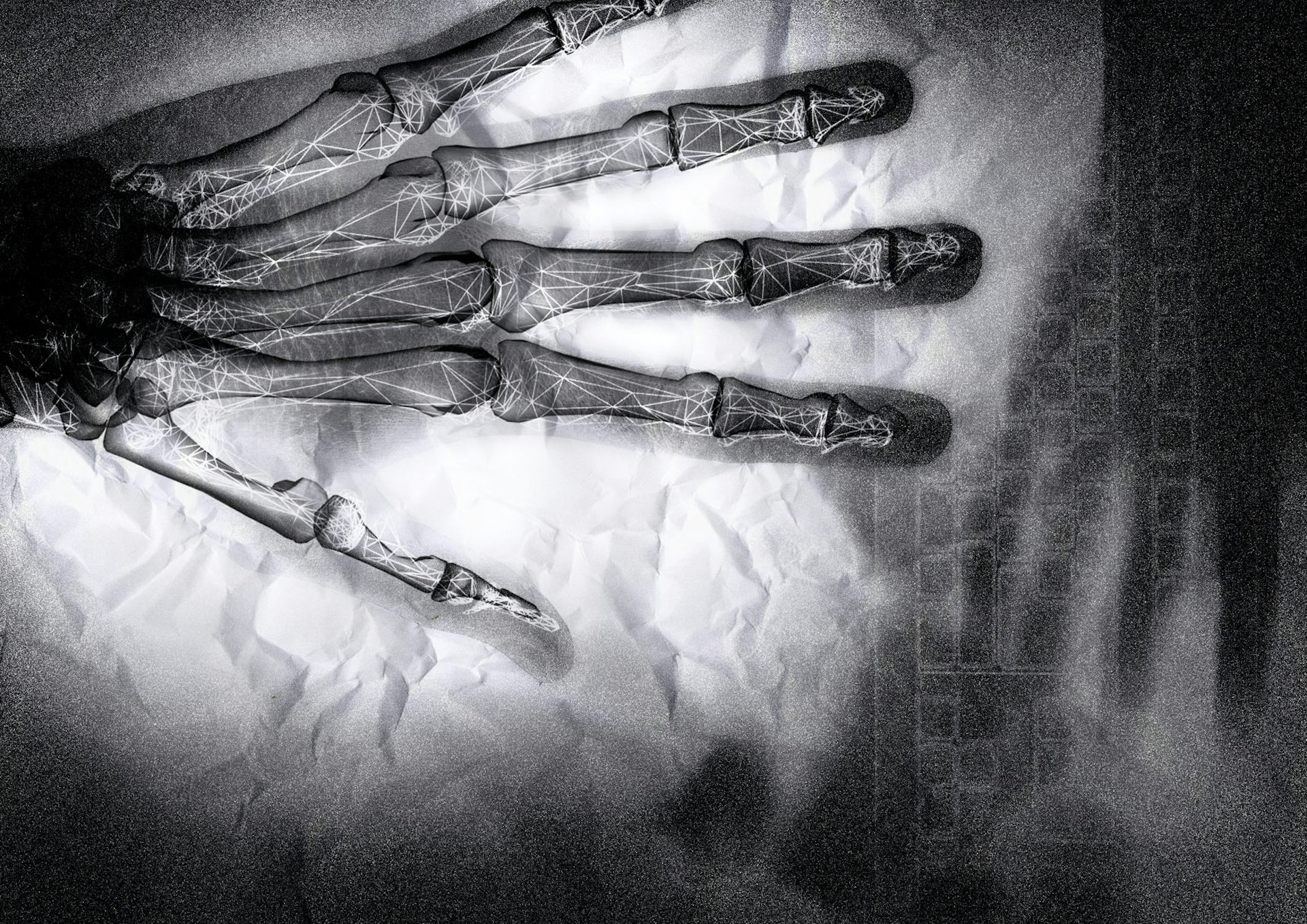In ‘Licorice Pizza’ a 15-year-old and 25-year-old fall for each other – here's what's known about th
Teen boys who date adult women tend to experience their relationships differently than girls who date older men.
Nominated for Academy Awards for best picture, best director and best original screenplay, “Licorice Pizza” is also garnering attention – and raising eyebrows – for the relationship at the center of the film.
Set in 1970s California, it tells the story of 15-year-old Gary, who falls for a 25-year-old woman named Alana. As they work together on Gary’s crackpot business ventures, the pair grow closer, and the film ends with a kiss between the two.
While there’s some debate about the exact nature of their relationship, many reviewers and moviegoers have expressed concern and discomfort over the age difference of the two protagonists.
Every U.S. state has laws determining the age of sexual consent to protect minors from sexual relationships with adults. Their presence reflects the widespread belief that these romances are dangerous for teens.
Yet age-discordant relationships are quite common. Somewhere between 36% and 41% of sexually active adolescent girls report having been sexually involved with a male partner three or more years older than them. About 5% of men report that they had a romantic relationship with a woman significantly older than them while they were adolescents.
How do these relationships affect the teens who are in them? And are they always bad?
These were the questions my co-authors and I set out to answer in a series of studies on adolescents in relationships with people significantly older than them.
A host of negative outcomes for girls
There has been quite a bit of research over the years on how these types of relationships affect girls.
Girls in relationships with people at least three years older than them are more likely to have sex at a young age, less likely to use contraception, more likely to become pregnant and more likely to contract a sexually transmitted infection.
They’re also more likely to drink alcohol and do drugs and have increased suicide risk.
Clearly, when girls date older men, there are a host of negative outcomes.
Furthermore, the younger the girls are, the more likely they are to have negative outcomes from these relationships and the more likely those negative outcomes are to last. For instance, we found younger girls are more likely to be depressed while in the relationship and continue to report depression five years later.
We wondered if these negative outcomes might simply be a function of the types of girls who enter into them – for instance, girls who are more sexually active or more willing to engage in other risky behaviors. However, we found that there were no characteristics that distinguished girls who entered into relationships with significantly older men from girls who didn’t.
Only a handful of studies have asked girls themselves how they feel about these relationships. While most people tend to see these relationships as a form of sexual abuse or predation, most of the girls in the relationships don’t see them that way. In one study of teenage mothers, most of them described their relationships as consensual and not exploitative. Yet after the relationships ended, they were more likely to paint the relationships in a negative light.
In research I’ve conducted that hasn’t been published yet, I found older adolescents typically also don’t describe these relationships in negative terms. However, you could argue that these assessments can’t be taken at face value, since many of the girls – either because of emotional immaturity or a desire to protect their romantic partner – might not want to admit that the relationships are harmful. Others may not realize until later in life that the relationships weren’t healthy.
What about the boys?
Research also indicates some negative outcomes for boys in relationships with older women.
For instance, we found that while in these relationships, boys are less likely to use contraception, more likely to get a sexually transmitted infection, more likely to have sex and more likely to get a partner pregnant. Boys in these relationships were also more likely to smoke cigarettes, drink alcohol and exhibit anxiety.
However, as long as the relationship is not with a relative and not coerced, being in a relationship with an adult woman is typically seen as a positive experience for the boy.
Most boys don’t consider these relationships abusive, and they often report feeling they benefited from them by gaining sexual knowledge and experience.
Initiation or exploitation?
Cultural attitudes toward these relationships likely affect how adolescents respond to them.
The fact that these relationships are criminal – and that most Americans view them negatively – creates the false idea that all adolescents involved in such relationships will experience them as abusive, even though most do not.
The gender of who’s older and who’s younger also influences cultural attitudes.
When a relationship occurs between an adolescent boy and an adult woman – like the kind in “Licorice Pizza” – it’s seen as a form of sexual exploration rather than sexual exploitation. These types of relationships are given a certain amount of legitimacy that relationships between adolescent girls and adult men don’t receive.
[More than 150,000 readers get one of The Conversation’s informative newsletters. Join the list today.]
Because society defines relationships with adolescent girls and adult men as abusive, perhaps adolescent girls are better able to define those relationships that way themselves. And when society defines the inverse as a form of sexual exploration rather than exploitation, it may make it harder for boys to see them as a form of abuse.
So while there are many negative outcomes associated with these relationships for both adolescent girls and boys, how society frames these relationships may affect how they’re experienced. Historically and in other cultures, these types of relationships have been fairly common and aren’t seen as deviant.
At the same time, I understand the uneasiness felt by some viewers of “Licorice Pizza.” On-screen courtships like the one between Gary and Alana may normalize – or even romanticize – relationships between teenagers and adults. And that may make it harder for teenagers to realize when they’re being exploited.
Jeni Loftus does not work for, consult, own shares in or receive funding from any company or organization that would benefit from this article, and has disclosed no relevant affiliations beyond their academic appointment.
Read These Next
Artists and writers are often hesitant to disclose they’ve collaborated with AI – and those fears ma
Whether they’re famous composers or first-year art students, creators experience reputational costs…
Honoring Colorado’s Black History requires taking the time to tell stories that make us think twice
This year marks the 150th birthday of Colorado and is a chance to examine the state’s history.
50 years ago, the Supreme Court broke campaign finance regulation
A gobsmacking amount of money is spent on federal elections in the US. The credit or blame for that…






